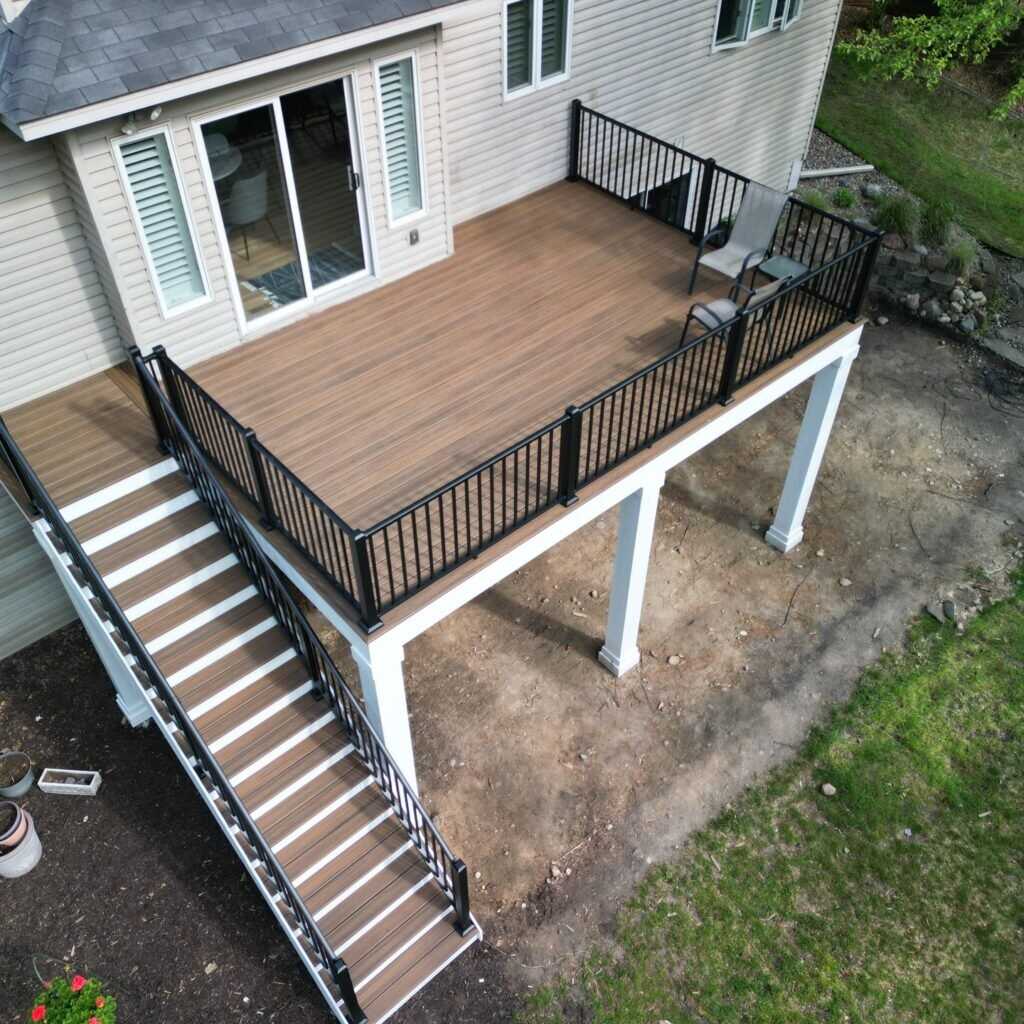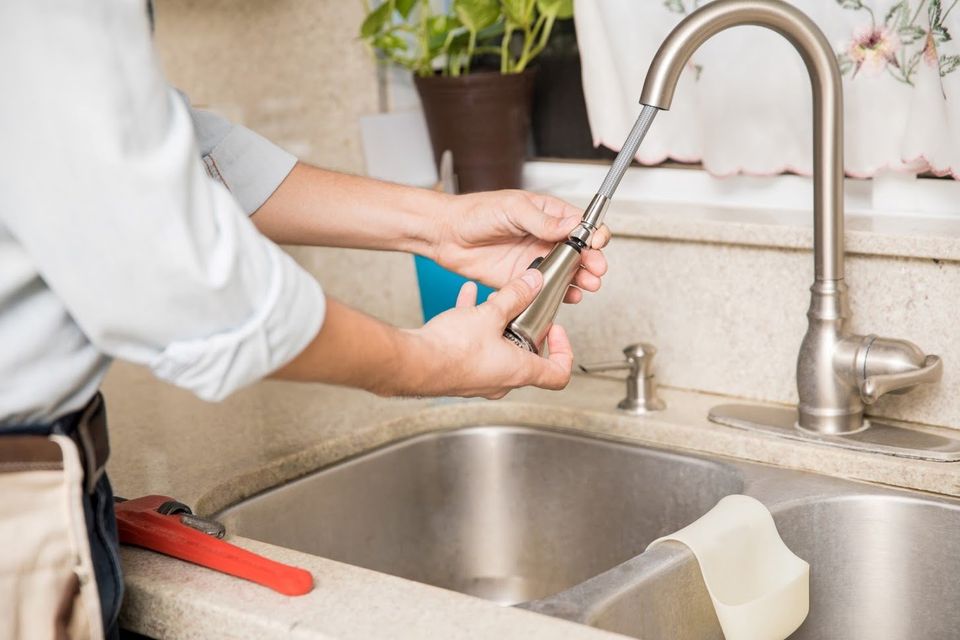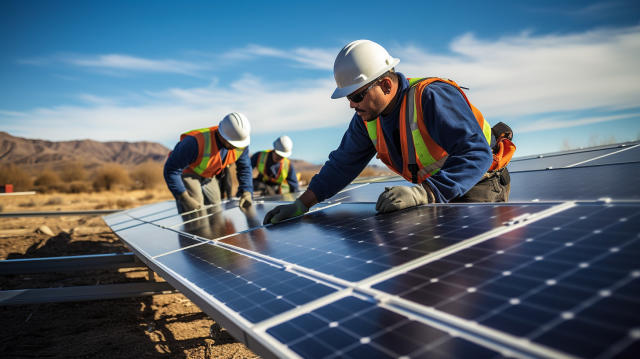Are you familiar with your solar inverter? You may not be aware that there are different types of solar energy systems but whatever it might be, the inverter is at its very core. In short, solar inverters are the heart of your system, whether it’s powered by a battery, tied up to the grid or it’s a hybrid type of solar power system.
Just like with humans, if the heart stops functioning, then life ceases. As with solar energy systems, if the inverter doesn’t work, then so shall your solar system be. When that happens, call your nearest solar inverter maintenance expert immediately to fix the problem.
Why Maintain Your Solar Inverter?
A fundamental segment of solar energy systems, the inverter is the device that makes the power produced by your solar panels serviceable within your household. So, if this equipment is crucial to your home electricity needs, then it must require proper maintenance, right?
Well, luckily for you, in real life, an inverter needs only minimum maintenance according to the experts. And yet, some insist that regular preventive maintenance ensures that the inverter will be working at its maximum throughout its lifetime at the same time, incurring only minimum unexpected repair costs that surely cost a fortune. So, how do you do it?

How to Maintain Your Solar Inverter the Right Way
When we say inverters require less maintenance, it means the equipment should have been installed correctly otherwise, it will not be operating smoothly. So, presuming it has been set up right, keep it free from dust by all means.
As well, cobwebs and debris must be quickly wiped off as soon as they appear. However, for more stubborn dirt, a spray of water can simply clean it off. Further, if you want your solar panels to sparkle like when they were new, you may scrub them gently with soap and water or if not, buy a specialised panel cleaner for that striking ‘afterglow’. Clean your inverter regularly and it will last up to its limit.
Sometimes, you might notice that your inverter becomes hot from using it daily. According to experts, inverters normally feel hot if the cooling fan is blocked and the flow of air has been restricted. So, make sure that there are no obstructions therein and no flammable or heat-sensitive materials are placed near the device.
When the cooling fan is not able to support the inverter, overheating ensues and may reduce the efficiency of your inverter. Also, there should be a clear space measuring at least 12 inches around the inverter to give it ‘breathing’ space to make it work as effectively as possible.
If you have done all of those above but still your solar inverter refuses to work, then it’s time to contact a solar inverter maintenance expert. Click this link to find help.











